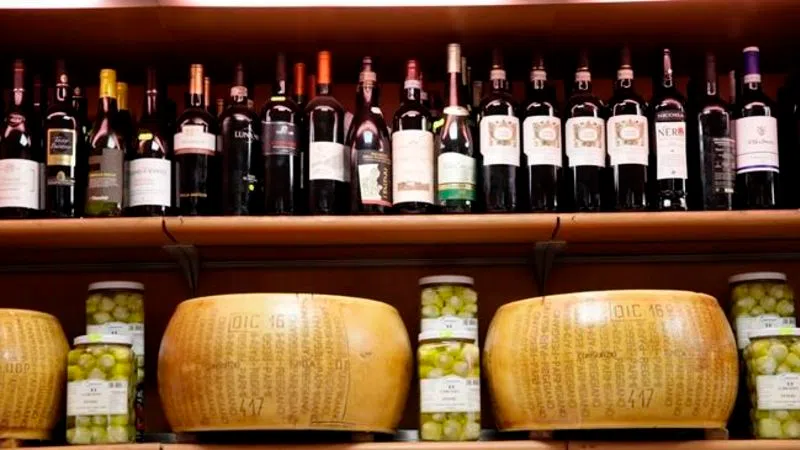
Spanish farmers fear ‘unfair’ blow of US tariffs
CXD3RDOBA, Spain — Olives are harvested the old-fashioned way on Juan Luque’s farm in southern Spain, as men thrash the gnarly tree limbs with poles, raining the small green fruit into the motorized collector waiting underneath.
But for Luque and thousands of other farmers scattered across Europe’s countryside, the brewing tariffs war between Washington and Brussels over subsidies to airplane makers is putting his livelihood and countless jobs at risk.
“It is totally unfair that a commercial war in the aeronautical sector affects the agriculture sector,” he said Friday, working under the hot Spanish sun.
“European authorities must handle this and the Spanish government must handle this so (it) can get solved in a way that doesn’t affect agriculture.”


